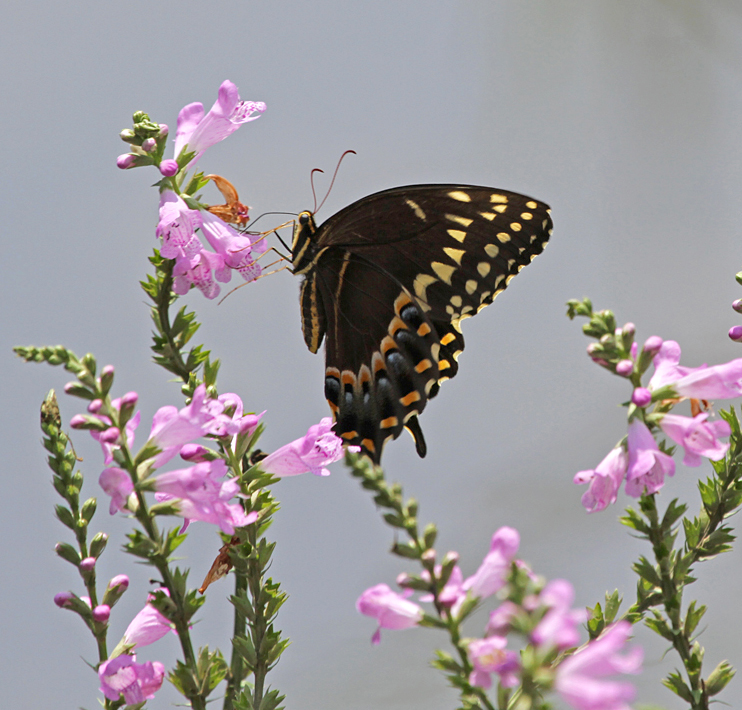Athens, Ga. – The State Botanical Garden of Georgia, a public service and outreach unit of the University of Georgia, will celebrate National Pollinator Week, which is June 15-21, with a webinar on June 9 from 1-2 p.m. in the garden’s administration building auditorium followed by an hourlong walk through the Pollinator Garden led by botanical garden naturalists. Both events are free and open to the public.
The webinar will feature pollinator expert Stephen Buchmann, an entomologist and adjunct scientist at the University of Arizona and international director for the Pollinator Partnership, an organization dedicated exclusively to the protection of pollinators and their ecosystems. Buchmann’s presentation will explore the complex relationships between plants and pollinators and discuss the global threats to pollinator health.
Providing pollinator habitat has been a focus of the botanical garden for years. “The Flower Garden was created seven years ago to be a pollinator garden,” said Shelly Prescott, director of horticulture at the State Botanical Garden. “The Bee Pasture especially provides year-round forage for bees. But really, all of the botanical garden is focused on increasing pollinator habitat and the number of pollinators.”
Pollinator Week was started eight years ago and has since grown into an international celebration of the importance of pollinators. Without pollinators, 30 percent of food crops would disappear, including many of the fruits and vegetables popular in the U.S. Pollinators support the plants that clean the air, stabilize soils, buffer severe weather events and support other wildlife.
In his annual Proclamation of National Pollinator Week, U.S. Secretary of Agriculture Tom Vilsack states that pollinators “are essential partners of farmers and ranchers in producing much of our food supply” and “provide significant environmental benefits for healthy, diverse ecosystems.”
For more information or to register for the events, see http://tinyurl.com/sbgpollinate.







